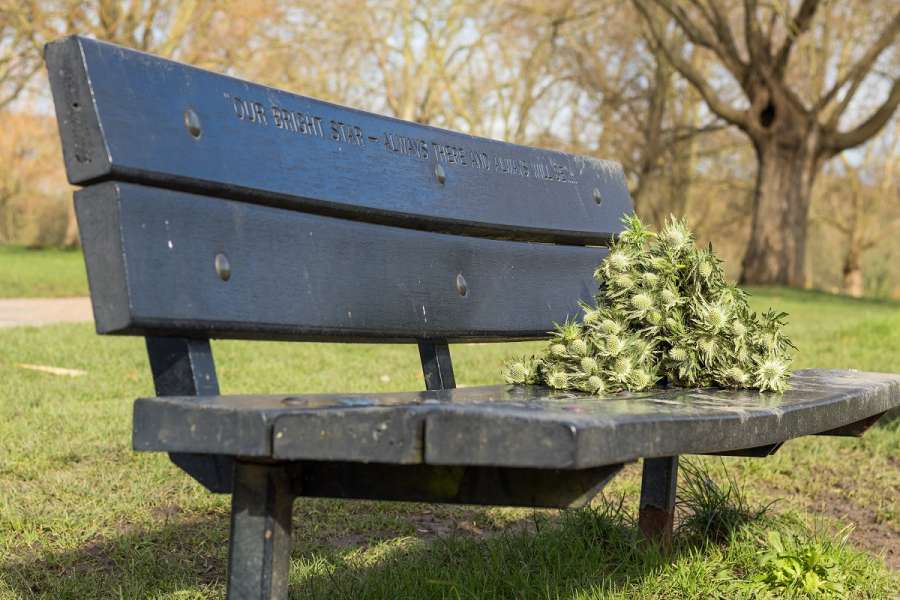The first issue to consider is the deceased's domicile status at the time of death.
PRs must be careful not to focus on where someone lived at the time of their death.
The important concept to consider is where the individual was domiciled, as their domicile will determine which legal and tax system applies to their estate.
The concept of domicile is complicated and depends on the specific circumstances of the deceased.
The domicile status of a deceased person is easier to identify if they were born in one country and lived in that country their entire life, but it isn't as clear-cut if the deceased moved during their lifetime and lived in more than one country.
For example, Scotland, Northern Ireland, England and Wales are each separate countries for the purposes of domicile.
Similarly, each state in the US, the states of Australia, and the Canadian provinces are separate countries.
Everyone will have a domicile of origin, but individuals can shed their domicile of origin and acquire a domicile of choice.
This would involve breaking ties with their domicile of origin.
Some factors to consider include cashing in all their assets in their domicile of origin, acquiring citizenship and passport in their domicile of choice, settling down, starting a family and learning the language in their domicile of choice (amongst others).
There is also the legal concept of "deemed domicile" in England and Wales, which looks at the number of tax years a person is considered a resident for income tax purposes before death.
A PR should seek appropriate advice to establish the deceased's domicile at the outset because domicile affects how an estate is administered and distributed.












